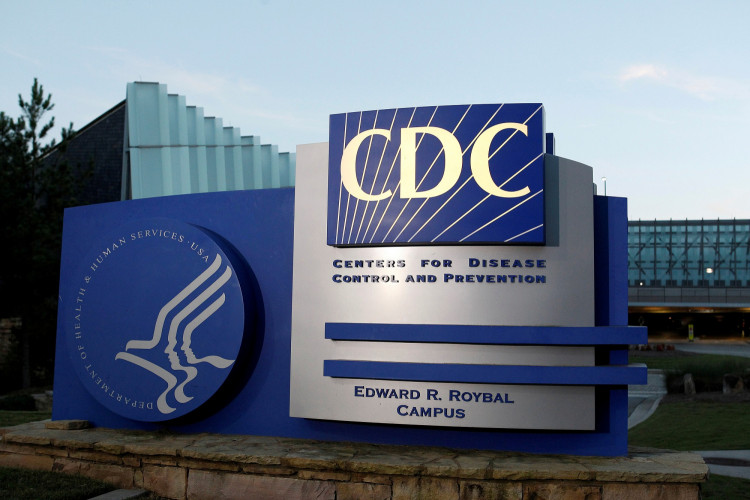The Centers for Disease Control and Prevention (CDC) has reported a significant surge in dengue virus cases in New York and New Jersey, with nearly 200 infections recorded this year. According to the latest data, New York has reported 143 cases while New Jersey has documented 41. This increase is part of a broader trend that has seen over 2,500 dengue cases across the United States, marking a fivefold rise compared to the same period last year.
"Dengue transmission is typically common in tropical and subtropical areas of the world," the CDC noted, emphasizing the unusual spike in cases within the U.S. mainland. Puerto Rico, a U.S. territory, has been particularly hard-hit, accounting for over 1,700 cases and prompting a public health emergency declaration in March.
The CDC issued a health alert last month to inform healthcare providers of the heightened risk of dengue virus infections this year. Globally, the number of new dengue cases has reached record levels, highlighting the severity of the outbreak.
Dengue viruses are primarily spread through the bites of infected mosquitoes, notably the Aedes aegypti and Aedes albopictus species. Common symptoms include fever, aches, pains, nausea, vomiting, and rash, typically appearing within two weeks of being bitten and lasting 2-7 days. While most individuals recover within a week, the CDC advises that the best prevention is to avoid mosquito bites.
In response to the rising cases, Dr. Sharon Nachman, chief of the Division of Pediatric Infectious Diseases at Stony Brook Medicine, provided insights on the current situation. "All of the cases that have occurred in New York state are from travelers," Dr. Nachman told News 12. "This tells us that if you're going to be traveling this summer, be careful where you're going. The mosquitoes that transmit dengue feed at dusk and dawn, so if you're going to be outside, think about mosquito protection."
Dr. Nachman reassured residents that "our mosquitoes actually don't carry any dengue. There's no dengue native to mosquitoes in New York." However, she warned that dengue-carrying mosquitoes are prevalent in other regions, including Florida. "If you're getting your mosquito bites in Florida, absolutely, I worry about dengue," she said.
The CDC's report highlighted that the current year has seen an alarming 9.7 million dengue cases in North and South America, double the number from last year. In New York, the majority of cases have been linked to travel, with Suffolk County reporting 12 cases and Nassau County up to four.
In light of these developments, Dr. Nachman offered practical advice for travelers: "I wouldn't tell them to cancel their trip or not take their kids. I would say, let's think about where you're going to be. Are you using DEET, either on your skin or on your child's clothing? Are you out at dusk and dawn? And how can you prevent getting infected? You probably can't prevent 100% of mosquitoes, but you can prevent most of them by being smart about where you are and what you're doing at the time."
The Suffolk County Department of Health Services also issued a statement emphasizing the importance of mosquito bite prevention. "Dengue is a disease caused by the dengue virus, which is transmitted through the bite of an infected Aedes aegypti or Aedes albopictus mosquito," the department stated. "Travelers can protect themselves from mosquito bites by wearing long-sleeved shirts and pants, staying in places with air conditioning and window and door screens, and by considering the use of insect repellents."
The department has been active on social media, issuing warnings about travel-related dengue risks and urging residents to take precautions. All reported dengue cases in Suffolk County this year have been travel-acquired, underscoring the importance of preventive measures for those traveling to affected regions.





